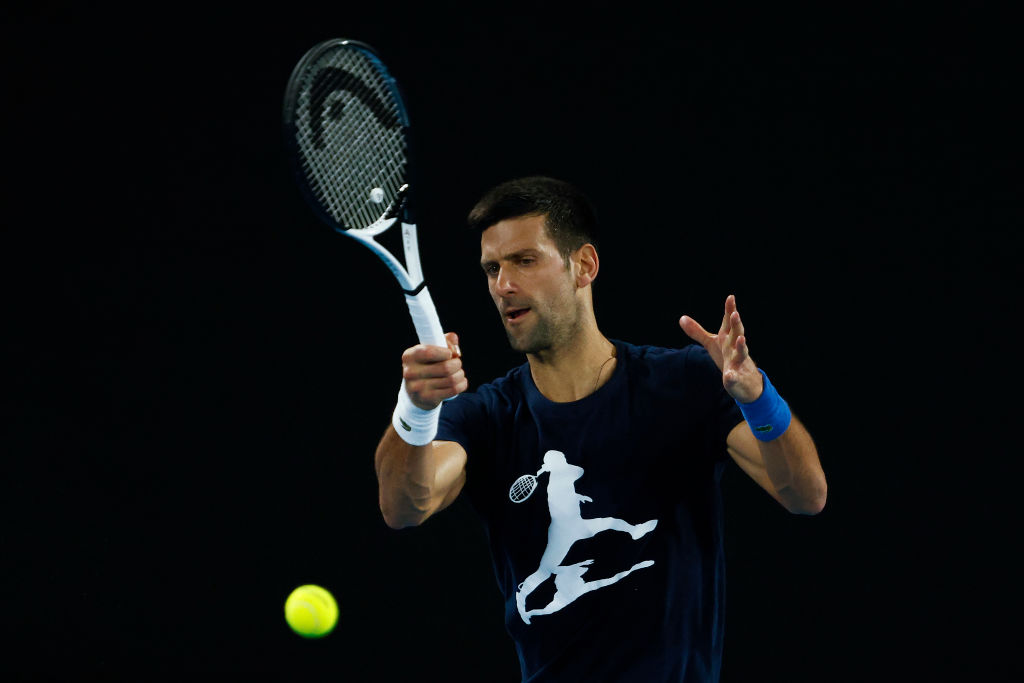Djokovic: Tennis star’s visa fallout assessed by lawyer

Many commentators have said the whole Novak Djokovic situation could have and should have been dealt with before he ever arrived in Australia.
The fact it did not owes much to the disconnect between the organisers of the tournament, the government, Djokovic’s advisors and the International Tennis Federation (ITF).
Clearly there is now time and opportunity to head off at the pass a similar situation arising in relation to future Grand Slam and other major sporting events.
Professional sport is universally self-regulated, those regulations cannot however contravene the general law of the land.
If the ITF impose a regulation that any player in a major tournament has to be vaccinated that could be challenged by a player if the law of the land in the relevant territory makes no corresponding legal mandatory requirement for a professional athlete to participate.
On the flip side (as ultimately came to pass in the Djokovic case) the organisers of an event cannot seek to compromise relevant state or federal law by relaxing relevant mandatory obligations.
An international athlete requires the temporary approval of the local state/federal authorities to perform in a particular jurisdiction other than their place of domicile. That is the essence of the visa system.
The modern high-profile athlete does expect their agent to organise such matters. Not so as to enable the athlete to have a defence of plausible deniability but so the athlete can concentrate on their performance.
Leaving aside the moral arguments the reality is that high profile athletes and indeed entertainers generate significant revenues for local economies by their participation which is the essence of the visa waiver programme in many jurisdictions.
Further the relevant local athletic commissions can devote resources to the athletes during their stay to protect not only the event participants but also the public.
One moral issue might be however if the entity supposedly considering the public health consequences of granting a visa is also the promoter of the event with a vested commercial interest.
In professional football some high-profile managers have said they would be reluctant to sign unvaccinated players. Not necessarily because they feared for the player’s health, but because of the potential consequences of the player testing positive and the differing isolation rules that then apply.
That might be grounds for a particular sport to seek to impose rules regarding unvaccinated players because of the potential consequential adverse effect of that on the relevant sporting competition.
In my respectful opinion to avoid another Djokovic debacle there needs to be a clear transparent understanding between the relevant players as to their parameters of jurisdiction and compatibility of the requirements being communicated to the participants and the relevant federal law of the land hosting the event.
There have been many instances in the past of governing bodies seeking to impose rules on sporting fair-play grounds that have been challenged in the courts.
Another possibility is the relevant governing body seeking to argue an avowed public stance on anti-vaccination merits some form of sanction on the grounds it brings the sport into disrepute. The moral and ethical arguments that would generate would be compelling.
A final fly in the ointment is the ever changing need to regulate and reregulate to take account of the fast-changing public health issues the Covid-19 pandemic has brought.
It would be quite onerous for sports governing bodies to convene in synchronisation with such ever changing rules to amend their own rules for participation accordingly.
There is no easy solution to the problems highlighted by the Djokovic saga and such problems can only be effectively managed by collaboration, clarity as to jurisdiction and transparency in communications between relevant authorities and stakeholders.
Stephen Taylor Heath is the head of sports law at JMW Solicitors